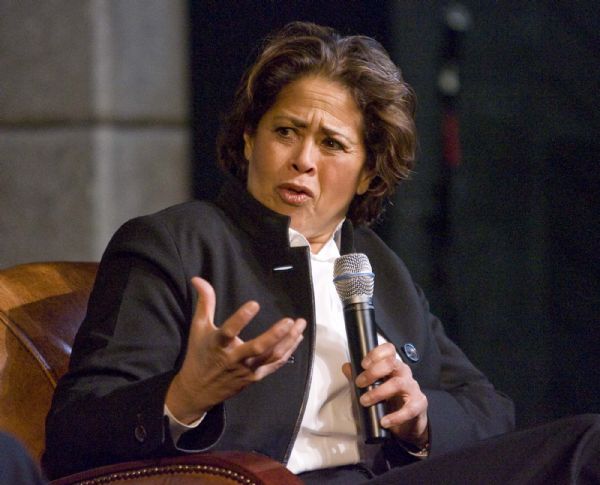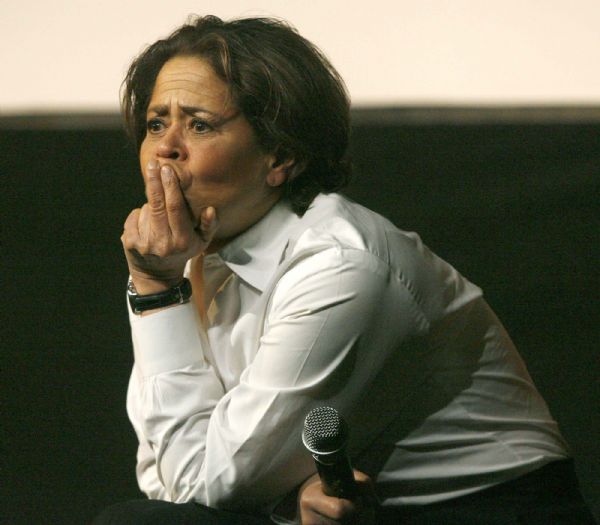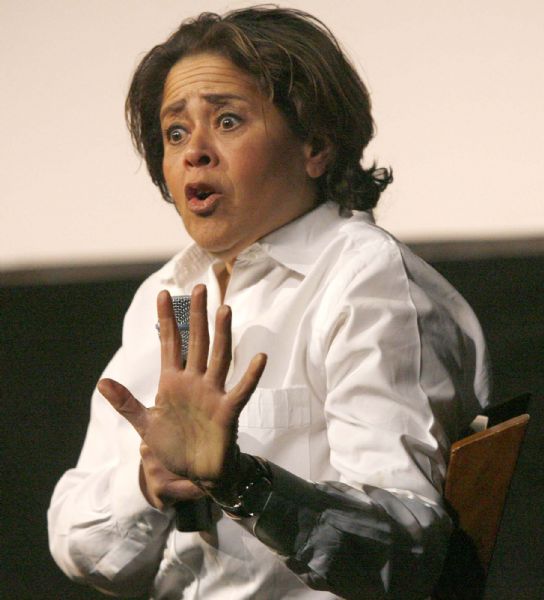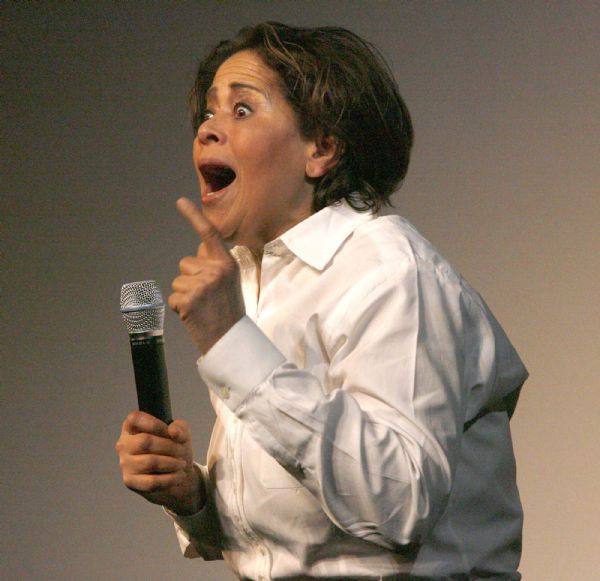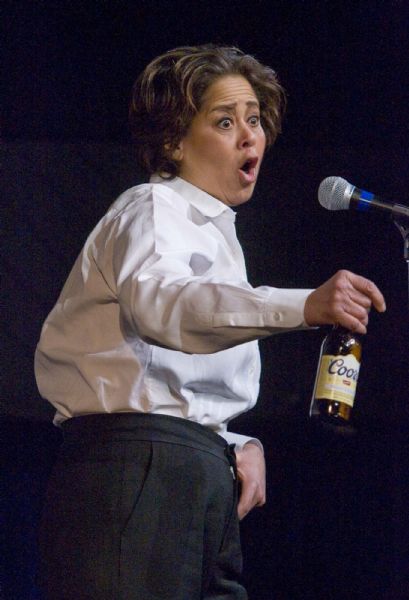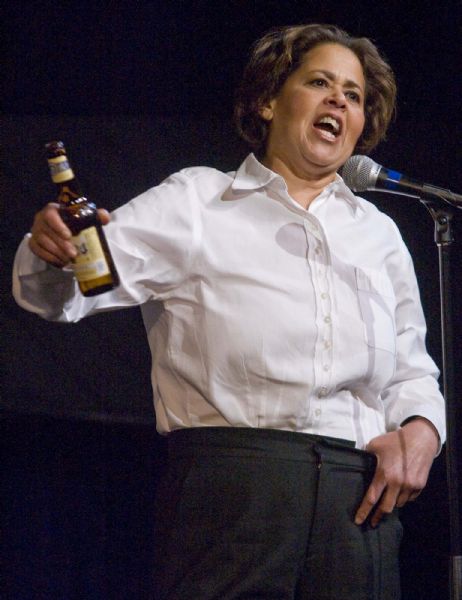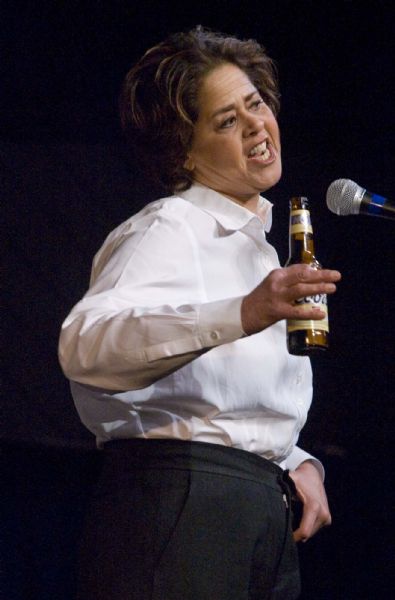This is an archived article that was published on sltrib.com in 2010, and information in the article may be outdated. It is provided only for personal research purposes and may not be reprinted.
Park City » Actor and playwright Anna Deavere Smith channeled three real-life characters from "Let Me Down Easy," her docudrama about health care and mortality. The Egyptian Theatre performance on Jan. 28 was part of Sundance festival programming aimed at making the case for the cultural relevance of the arts and dramatic storytelling.
Smith is familiar from TV and movie roles ("Nurse Jackie," "The West Wing," "The American President"). "Let Me Down Easy," her one-woman, 20-character play, was well-reviewed in its off-Broadway run last fall.
The show grew out of a commission in 2000 from the Yale University School of Medicine to perform characters based on doctors and patients for grand medical rounds. From there, she conducted more than 300 interviews on three continents and spent years transforming her interviews into 20 characters who cross racial, political and class divides.
She describes the process simply. "I interview people and take their words and perform that," said Smith, a New York University professor of performance studies. "I come home and turn it into theater. Each of the people understands something I don't."
While creating characters from real people might be unique, Smith's craft as a performer is based on her classical acting training and experience. "I come out in the light, and the audience is in the dark, and I try to get through it all," she said.
The elusive part is in the transformation of words into character. To make her material into drama, she works with dialogue and movement coaches, as well as a dramaturg and director.
Yet all the talk about method fell away as Smith embodied three Americans: a politically conservative bull rider who fought doctors to save his damaged kidney; a New Orleans doctor enraged at the treatment of charity patients in the aftermath of Katrina; and her own aunt recounting her sister's death.
Leading the conversation was National Public Radio host Michele Norris, who labeled the actor's work as culturally essential. The audience packed with actors, filmmakers, directors and spoken-word poets expressed agreement through a standing ovation. "She teaches us essential things about ourselves by taking a mirror and holding it up to society," Norris said.


